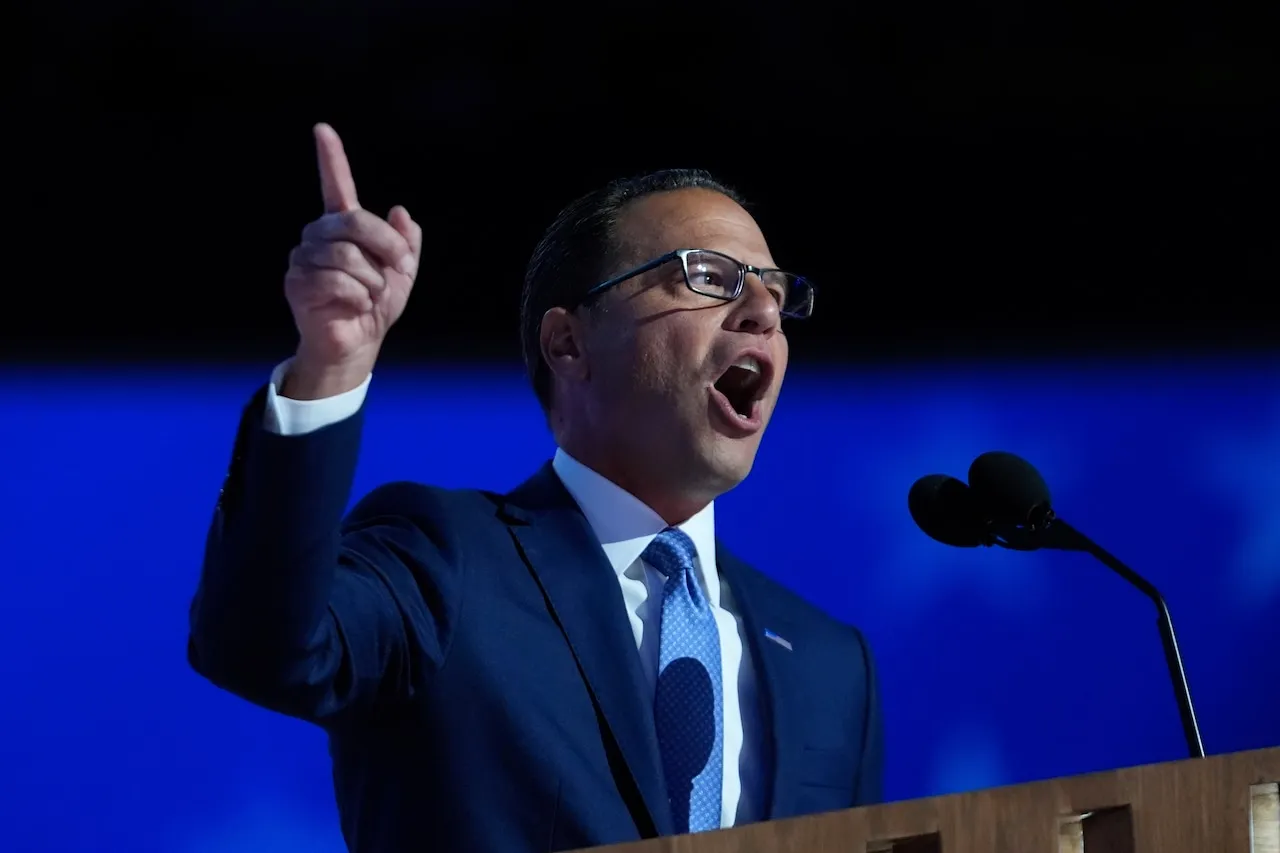Josh Shapiro: The Rising Star Shaping Pennsylvania’s Political Landscape
Josh Shapiro, the 48th governor of Pennsylvania, has quickly emerged as a significant figure in the state’s political landscape since taking office in January 2023. His victory in the 2022 gubernatorial election against Republican Doug Mastriano, where he secured 56.5% of the vote compared to Mastriano’s 41.7%, marked a pivotal moment for the Democratic Party in Pennsylvania. This article delves into Shapiro’s background, his approach to governance, and his potential future in national politics.
Born in Kansas City, Missouri, and raised in Pennsylvania, Shapiro’s educational journey began at the University of Rochester, where he graduated in 1995. He later earned his law degree from Georgetown University in 2002. His political career took off in 2004 when he was elected to the Pennsylvania House of Representatives. This early experience laid the groundwork for his later roles, including his tenure as Pennsylvania’s Attorney General from 2016 to 2022. During this time, he gained national recognition for his high-profile cases, particularly investigations into sexual abuse within the Catholic Church and efforts to combat the opioid crisis.
Shapiro’s approach to governance is characterized by his bipartisan leadership. He has a reputation for working across party lines, which was evident when he played a crucial role in electing a moderate Republican as Speaker of the Pennsylvania House, despite Democrats holding a slim majority. This ability to foster collaboration has not only earned him respect among his peers but has also positioned him as a unifying figure in a politically divided state.
As governor, Shapiro has prioritized several key policies that resonate with a broad spectrum of voters. His focus on expanding reproductive rights, raising the minimum wage to $15 an hour, and protecting voting rights reflects a commitment to progressive values while also appealing to moderates. However, his stance on certain issues, such as school vouchers and capital punishment for heinous crimes, has drawn criticism from progressive factions within his party. Notably, he has since shifted his position on capital punishment, now opposing it, which demonstrates his willingness to adapt to the evolving political climate.
Shapiro’s leadership was put to the test when he managed the rapid reconstruction of a collapsed bridge on Interstate 95 within just 12 days. This achievement not only showcased his crisis management skills but also solidified his reputation as a capable leader during challenging times. His ability to deliver results has contributed to his high public approval rating, which stands at approximately 59% as of early 2024, significantly higher than President Biden’s at the same time.
Looking ahead, Shapiro’s political acumen and experience position him as a key player in upcoming electoral strategies for the Democratic Party, especially in light of Pennsylvania’s status as a critical swing state in national elections. His name has even surfaced as a potential vice-presidential candidate for Kamala Harris, particularly following President Biden’s announcement that he would not seek re-election. Shapiro’s appeal to moderates and independents makes him a rising star not only in Pennsylvania but also on the national stage.
In conclusion, Josh Shapiro is reshaping Pennsylvania’s political landscape through his bipartisan leadership and commitment to addressing pressing issues. His journey from a state representative to governor exemplifies a dedication to public service and a vision for a more inclusive future. As he continues to navigate the complexities of governance and national politics, Shapiro’s influence is likely to grow, making him a figure to watch in the coming years. With his impressive track record and rising profile, the political landscape of Pennsylvania—and potentially the nation—will undoubtedly be shaped by his actions and decisions in the years to come.






Leave a Comment